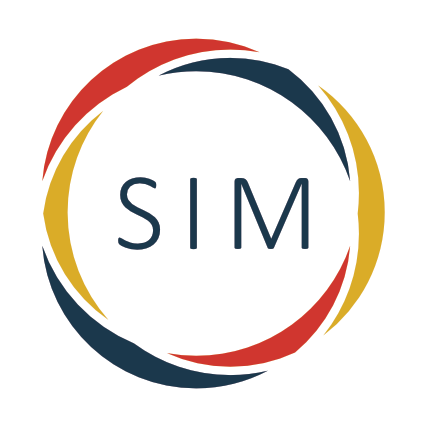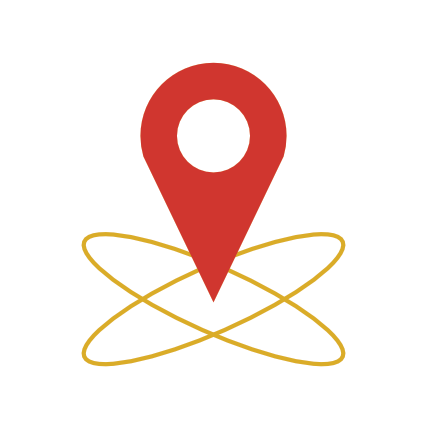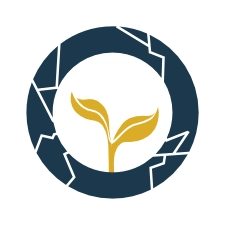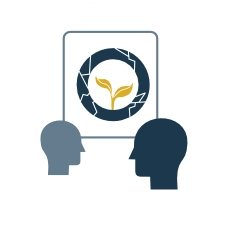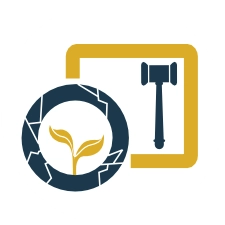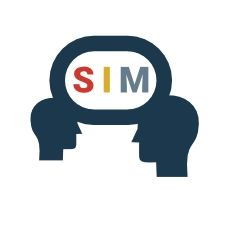Overview
Systems and the services they provide are complex and nuanced. We understand that.
The Systems Mapping and Training Center offers collaborative cross-systems mapping events and trainings. These services produce data-driven systems change using a public health model and the best evidence available.
System Mappings
During a system mapping event, our experienced facilitators will help your group create a map of your system. This map will help you identify resources and generate solutions for positive social change. Our mappings aim to make your system more comprehensive and responsive to the needs of individuals being served. No system is too large or too small for our facilitators. We’ve mapped everything, from frontier communities to America’s most populous cities. Our models can be applied to any community, whether it’s a small one like Scottsbluff, Nebraska, or a large one like Miami-Dade, Florida.
An individual provider might not be aware of how their work fits into the broader system. Similarly, an agency may not be able to see duplications or gaps in services. A systems mapping event brings together people from all parts of the system to work together. The Systems Mapping and Training Center’s facilitators allow communities to examine local issues comprehensively. Through this, communities identify service duplication and resource limitations and set priorities for change.
We customize the application of our mapping models to fit the needs of your community or jurisdiction. This could mean focusing on specific parts of a model (e.g., Intercepts 0–2 of the Sequential Intercept Model, focusing on front-end diversion) or specific groups within the model (e.g., criminal legal system-involved adults older than 55).
Trainings
Our trainings are designed to provide individuals and groups with the tools, knowledge, and skills needed to transform their own practices and those of the systems in which they work.
Two styles of trainings are available. The first is direct trainings, where our expert trainers guide participants through a curriculum based on the best current knowledge emerging from the field. Direct trainings empower individuals and groups to implement evidence-based information and practices in their own work and workplaces.
The second style of trainings are Train-the-Trainers (TTTs). In a TTT, participants themselves become well-versed in a specific training. With the help of our expert facilitators, TTT participants review the curriculum, receive facilitation training, and run through practice training sessions to exercise their new knowledge and skills. At the end of a TTT, participants are ready to deliver a training on their own. This allows TTT participants to spread best practices throughout workplaces, systems, and communities.
View Our Systems Mapping Offerings
Follow-Up Assistance
Follow-up technical help is not always needed after your cross-systems mapping event or training. But some jurisdictions and groups find additional assistance useful. If your community wants more support, the Systems Mapping and Training Center is here. The Center can host follow-up meetings, give guidance and resources, or connect you with topic experts. These follow-up opportunities are offered on a fee-for-service basis if the need arises.

